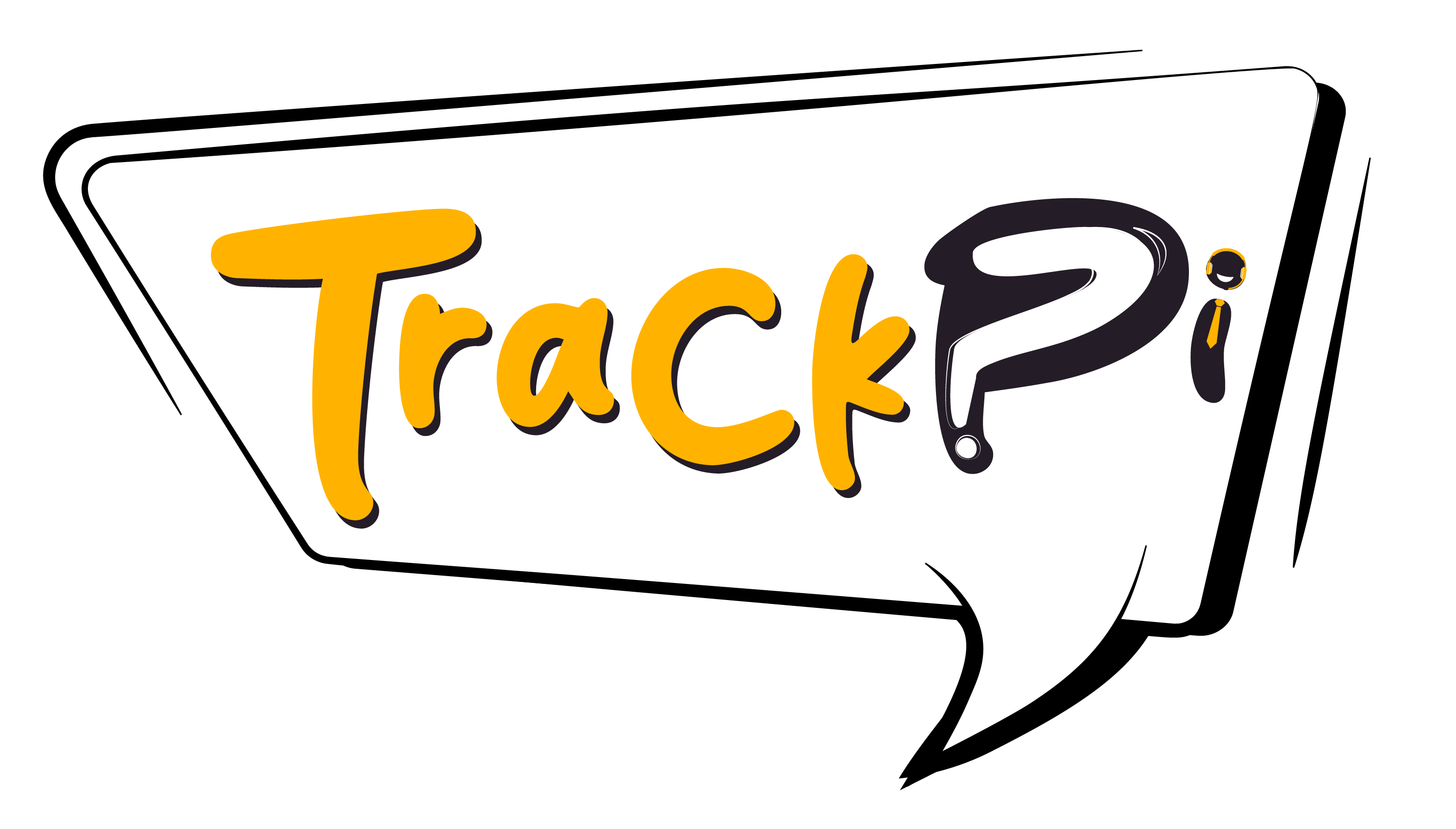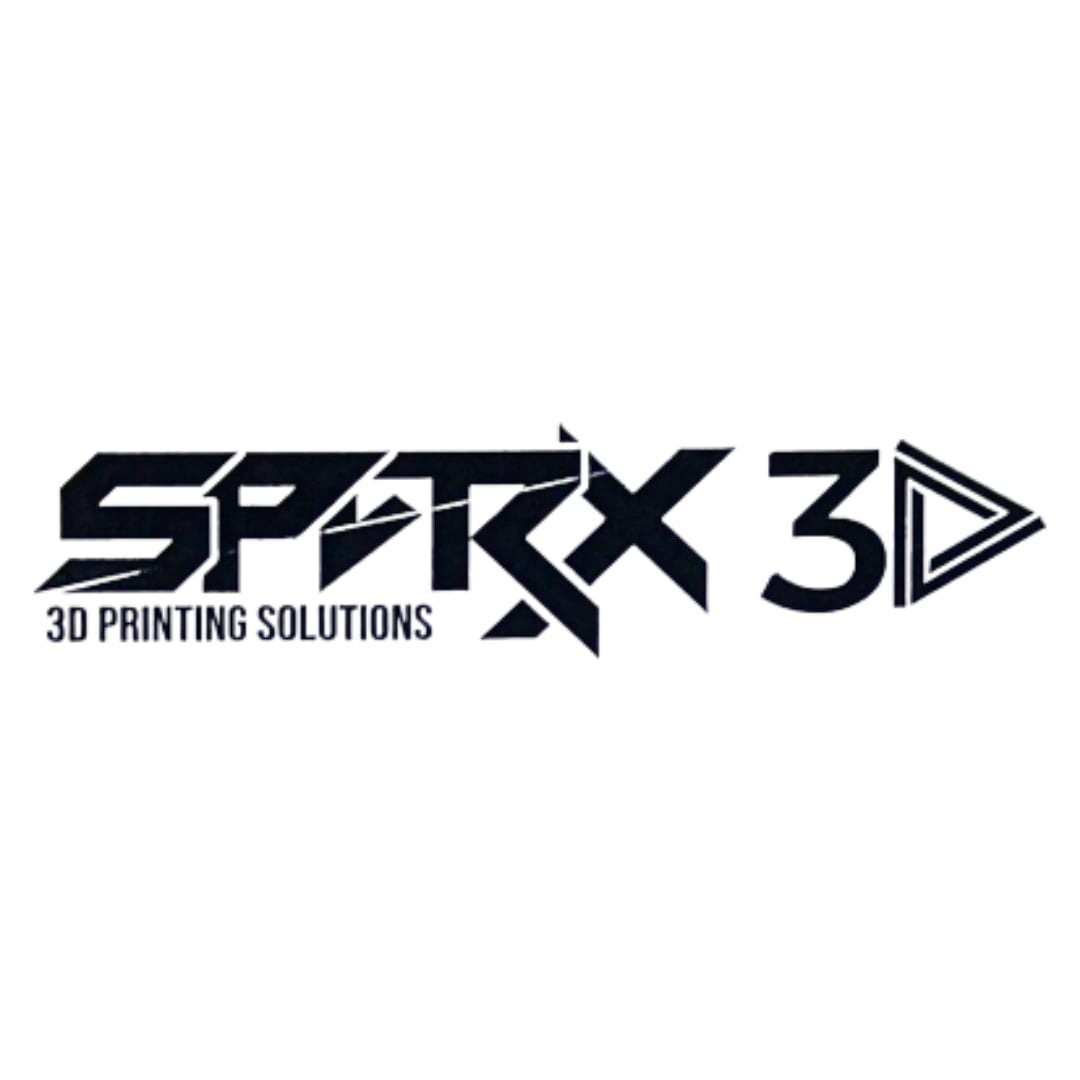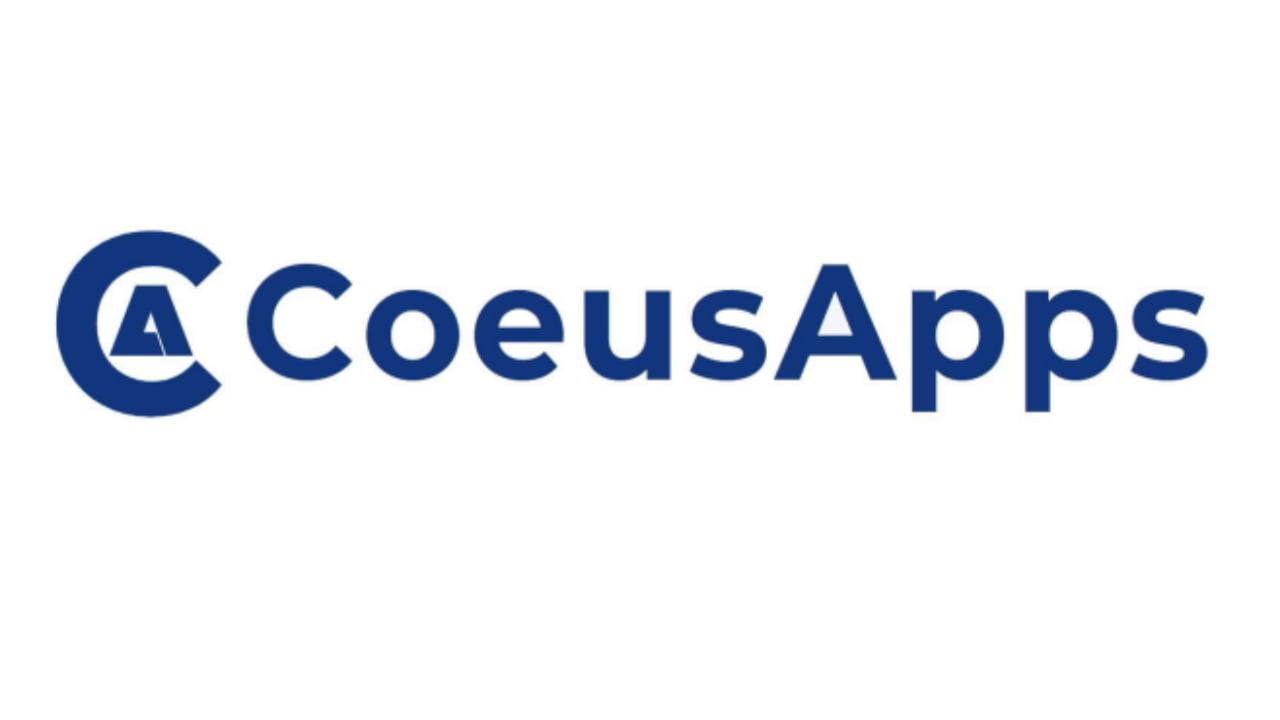Master the Art of Software Testing
SOFTWARE TESTING
Step into the World of Software Testing with our Premier Training Course
What is Software testing?
Software testing is basically a method to check if the software product matches the specific requirements and ensure that it is defect-free. The main aim of software testing is to detect errors, rectify them, check for any missing requirements and fix them effectively.
Once you enrol in a software testing program with the No. 1 Software Testing Training Institute – Techmindz, you’ll understand the significance of software testing and various tools to check software. You can seamlessly transition as a software tester if you have completed a B.Tech, B.E., MCA, BCA, or B.Sc. (Computers) degree.
Why should you learn Software testing?
- Challenging
Every feature and project carry different challenges, i.e., testing problems. There is never a straightforward solution when it comes to testing. If you crave to enjoy your work and have fun while working, software testing is your best career. Software testing requires looking at a product from various angles and perspectives while testing with different expectations.
- Improves quality
The ultimate motive of software testing is not just about looking for bugs but also making the result superior. As a tester, you will contribute to improving the quality of the software, thus playing a vital role in any organization.
- Excellent package
Software testing engineers are in high demand, with many organizations wanting their software to serve their business purposes. That’s why many companies look for a certified software tester who delivers brilliant output. This software testing online course in Kochi is the right one for you.
Why Techmindz ?
Techmindz, the No 1 software testing Training Institute in Kerala, provides excellent software testing course taught by professionals in the field to help you succeed. With the help of our committed placement team, we also provide individualised support. You will also get the chance to work on real-life case scenarios to get better exposure and knowledge in the domain.
- Backed by NDimensionz, Infopark Kochi is an established multinational corporation.
- Branches in the US, Canada, Singapore, Australia, Dubai and SA.
- An ISO 9001:2015 certified company.
- Affiliated with NACTET, NSDC and KKEM.
- International Accreditation By IAO
- Training led by industry-experienced professionals.
- Hands-on training with case studies, assignments, etc.
- Choose from online or Offline classes.
- Access to recordings of all sessions, even offline classes.
- Industry-based project scenarios for practical experience.
- Personalized support from a dedicated placement team.
- Comprehensive interview prep program, including mock interviews and interview questions.
- Master your interview skills with our own AI-based interview tool.
- Located at Infopark Kochi, with access to a network of 650+ tech companies
Contact
Carnival Infopark Phase I, Infopark Rd, Infopark Campus, Kochi, Kerala 682042
info@techmindz.com
Software Testing
Ensuring Flawless Performance and Seamless User Experiences for Digital Excellence with Quality Assurance at Its Finest.”
Course Plans available at Techmindz
To learn software testing courses from the leading No. 1 software testing training institute in Kerala – Techmindz offers three different plans you can pick at your discretion.
SEED PLAN
4 Months Training
15 Days Live Project
Benefits
- Certified course
- International Certification
- Internship based on PE
- 8 Grooming sessions
- Performance evaluations
- Recorded sessions
- Extra learning sessions
- Weekly assignments
- Main project
- Free access to LMS
- Get notified on job vacancies in Infopark
GROWTH PLAN
4 Months Training
15 Days Live Project
3 months internship
Benefits
- Certified Course
- International Certification
- Confirmed Paid Internship
- Sessions by Industry Experts
- Flexible Pricing options
- 24/7 learner assistance and support
- Placement based on PE
- 8 Grooming sessions
- Performance evaluations
- Recorded sessions
- Extra learning sessions
- Weekly assignments
- Main project
- Free access to LMS
- Get notified on job vacancies in Infopark
SUCCESS PLAN
4 Months Training
15 Days Live Project
6 months internship & job placement
Benefits
- Placement Assistance
- Certified Course
- International Certification
- Confirmed Paid Internship
- Sessions by Industry Experts
- Live Client Projects
- Flexible Pricing options
- 24/7 learner assistance and support
- 8 Grooming sessions
- Performance evaluations
- Recorded sessions
- Extra learning sessions
- Weekly assignments
- Main project
- Free access to LMS
- Get notified on job vacancies in Infopark
Syllabus
Manual Testing
1) Introduction -What is Testing?
– Quality Assurance versus Quality Control
– The Cost of Quality & How Quality is Defined
– Re-testing and Regression testing -What is a Defect? Scope of Testing -When Should Start Testing
– Testing Constraints
– SDLC, SDLC Models, STLC
– Independent Testing
– What is a QA Process?
– Levels of Testing
– “V Model” Concept of Testing
– Test Types
2) Testing Techniques
– Black box and White box testing Technique
– (Structural versus Functional Technique Categories)
– Verification versus Validation
– Static versus Dynamic Testing
– Examples of Specific Testing Techniques
3) Reviews
– Review Process
– Types of Reviews
– Review Techniques
– Roles in Review process
4) Test Planning
– Customization of the Test Process
– Estimation
– Scheduling
– Create the Test Plan
– Prerequisites to test planning
– Understand the Characteristics of the Software Being Developed
– Build the Test Plan
– Write the Test Plan
5) Test Cases
– Test case Design
– Building test cases
– Test data mining
– Test execution
– Test Reporting
– Defect Management
– Test Coverage & Test Metrics
– Traceability matrix
6) - Test case Design
– Guidelines for writing test reports
– Test Tools used to Build Test Reports
– Managing Change
– Software Configuration Management
– Risks – Risk Analysis and Management with examples
– User Acceptance testing – in detail explanation with details
– Case Study: How to test web, stand alone and database applications- with examples.
– Basics of automation testing – why, when and how to perform automation testing
– Test management and bug tracking tools
– Help with resume and testing interview skills
– Interview
7) Web Application Testing
– Real time testing sample test cases – bug creation examples and practicals
– exercise on web application manual testing in multiple domains
– Live project example web application testing
8) Mobile Application Testing
– Real time testing sample test cases
– bug creation examples and practicals
– Live project example Mobile application testing
Automation Testing
1) Module 1 Java Basics -Introduction in Java
– Installation- JDK & Eclipse
– Java Tokens- Identifiers, Keywords, Literals Variables
– Java data types
– Java Opeartors
– Declarations and Assignments
– Comments in Java
– Basic Java Syntax
– Classes
– Class variables
– Methods and its reusability -Packages
-Objects
– Loops & Conditional Statements If- eise, while, do while, for, switch
– Arrays
– String Operators
– Constructors
– Inheritance
– Polymorphism
– Encapsulation
– Abstraction
– Execution of classes. -Exception Handling
– Basic Programming
2) Module #Selenium
– Introduction to Selenium
– Selenium Components
– Selenium RC
– Selenium Grid
– Selenium IDE
– Selenium WebDriver.
– Installation
– Basic Components of Selenium IDE
– Scripting in Selenium
– IDE – Record and Play in
Selenium IDE
– Suite execution
– Export the Scripts in different formats.
– Element Inspection
– Inspecting the elements
3) Module #
– Introduction of WebDriver
– Installation of JDK
– Installation of Eclipse
– Language Bindings for Selenium
– Creation of Selenium Project
– Selenium WebDriver Commands
– Browser Commands
– Navigation commands
– Web elements Commands
– Locators / Object identification methods
– Xpath & Dynamic xpath creation -Drop down command
– Assert/Verify in Selenium WebDriver
– Mouse hovering
– Drag and drop -Keyboard handling
– Wait commands
– Switch Command(Alert/Frame/Window)
– Screenshot capture in Selenium
– Execution of scenarios in different browser(IE/Chrome/Firefox)
4) Module #
– Test Automation Framework
– Components Advantages
– Reporting mechanism
– Framework-TestNG
– Installation of TestNG
– Importance of TestNG
– First scenario in TestNG
– Sequencing and Parameterization -Report generation in framework
– Annotations in TestNG
– TestNG Suite Creation
– Parallel Testing/Cross browser testing using TestNG
– Data driven Framework -Excel sheet import
– Page Object Model Framework
– Maven – Introduction to maven
– Setting up of Maven in Windows and workspace
– Creation and working with maven
– projects in 2 ways – Converting the existing Java project framework to Maven framework
– Running the maven projects
– Introduction to Appium Selenium Mobile Testing
– Installation steps for Appium
– Inspecting elements in mobile app & mobile browser(Chrome)
– Execution of tests in mobile app & mobile browser
– Automate your application
– LIVE PROJECT
– Git, Jenkins, Maven and AutoIT
Testimonials
FAQ
Q1: What will I learn in a software testing course?
A: In a software testing course, you will learn the basics of software testing, such as various testing levels (unit, integration, system, acceptance), testing types (functional, non-useful, regression, overall performance), and testing strategies (black box, white box, grey box). It will also cover tools, methodologies, and enterprise standards utilized in software testing.
Q2: Can I get hands-on experience in a software testing course?
A: Real projects and case studies are examples of practical activities found in excellent software testing courses. The knowledge and skills you gain from these Software testing courses in Kochi can be applied to real or virtual software testing.
Q3: Are there any prerequisites for enrolling in a software testing course?
A: Most software testing online courses in Kochi do not have strict prerequisites. However, a fundamental know-how of software development standards and processes can be useful. Familiarity with programming languages, software development lifecycle, and basic testing terminology can also help you draw close to the standards more effectively.
Q4: Why should I enroll in a software testing course?
A: Enrolling in a software testing course can provide you with the important know-how and abilities to grow into an expert software tester. It helps you understand the testing strategies, best practices, and industry standards. Software testing online courses in Kochi can enhance your professional potential, increase your activity possibilities, and allow you to contribute to turning in remarkable quality software products.
Our Clients





















Connect Us



























